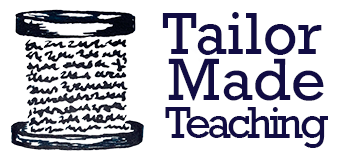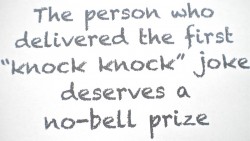When you’re hosting homestay students, it can be difficult to engage the whole household in conversation, especially if your students are lower levels, particularly in the first few days. I tend to find there’s some dead time after dinner, rainy days and long journeys when everyone is gathered together and conversation can be difficult.
Here are some games we’ve used. The title of each game links to instructions. The language areas specified give an indication of lexical and grammatical areas practiced in the games, but these aren’t classes – the aim should be communication and fun, rather than accuracy. Read more







